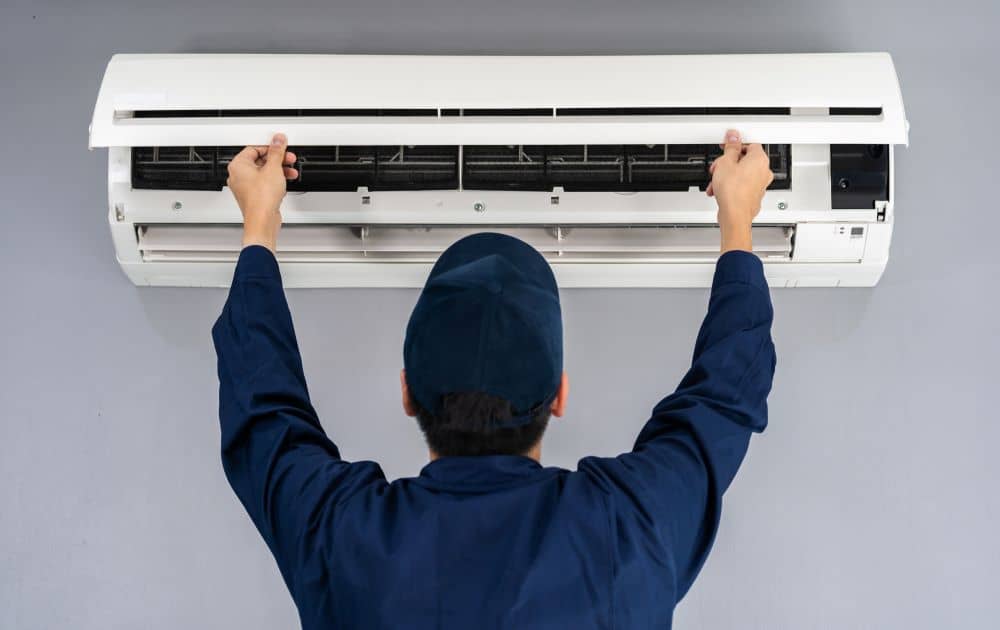
In the fast-paced world of food service, maintaining the quality, safety, and freshness of products is essential. Whether you run a restaurant, catering service, or food production facility, blast chillers and blast freezers can play a crucial role in keeping your products fresh and safe. These high-tech appliances are designed to rapidly lower the temperature of hot foods to safe storage levels, helping businesses adhere to health regulations while preserving the flavor and texture of their products.
Let’s explore what blast chillers and freezers are, why they’re essential for commercial settings, and how proper installation can make all the difference.
What is a Blast Chiller and How Does It Work?
A blast chiller is a commercial appliance used to rapidly cool hot foods after they’ve been cooked. By quickly reducing the temperature of food from hot to cold, a blast chiller helps to preserve flavor, texture, and nutritional value while also ensuring food safety by reducing the risk of bacterial growth.
The cooling process works by blowing cold air over the food at a very low temperature, usually around -18°C (0°F), which significantly reduces the time it takes for the food to cool. This prevents harmful bacteria from multiplying, ensuring your food is safe for consumption even after being stored for longer periods.
The Importance of Blast Chillers in Commercial Settings
In a commercial kitchen or food production environment, food safety is paramount. The blast chiller commercial market has grown in popularity because these units provide several benefits, including:
-
Improved Food Safety: Rapid cooling prevents the growth of harmful bacteria that thrive in warm environments. By quickly cooling food to safe storage temperatures, blast chillers help meet health regulations and standards.
-
Preservation of Quality: Flash cooling locks in the flavor, color, and texture of food. It also prevents moisture loss, keeping meals fresh for longer and ensuring they taste as good as they did when they were first cooked.
-
Reduced Waste: By allowing food to be stored safely for longer periods, blast chillers help reduce food waste. This is particularly important for restaurants or catering services where high volumes of food are prepared in advance.
-
Time Efficiency: Blast chillers allow you to prepare food in bulk and store it for later use, reducing preparation times during busy hours and making it easier to serve large numbers of customers.
What is a Blast Freezer?
A blast freezer functions similarly to a blast chiller but goes a step further. A blast freezer rapidly freezes food, bringing it to much lower temperatures, typically around -18°C (0°F) or colder. This process is ideal for preserving the integrity of perishable items, particularly those that will be stored for longer periods before use, like meats, desserts, and ice cream.
By quickly freezing food, a blast freezer minimizes the formation of large ice crystals inside the food. This helps preserve texture, taste, and nutritional value while preventing freezer burn.
Blast Chiller and Freezer Installation
When investing in a blast chiller installation or blast freezer installation, there are a few key factors to consider to ensure the process goes smoothly:
-
Space Considerations: Both blast chillers and freezers can be large, so it’s essential to plan where they’ll be installed. Commercial kitchens or production areas need to have adequate space to accommodate these machines without obstructing workflow.
-
Electrical and Ventilation Requirements: Blast chillers and freezers need a reliable power supply and proper ventilation for efficient operation. Make sure the installation site has the necessary electrical outlets and room for air circulation to prevent overheating.
-
Professional Installation: While DIY installation might seem tempting, it’s important to have these units installed by professionals. Certified technicians will ensure that your blast chiller installation meets all safety standards, operates efficiently, and complies with local health regulations.
-
Maintenance and Service: Like all commercial kitchen equipment, blast chillers and freezers require regular maintenance to ensure they continue to work at peak efficiency. A professional installation team will often offer servicing contracts, helping you maintain your unit over the years and avoid costly repairs.
Why Choose a Blast Chiller or Blast Freezer for Your Business?
For any business that handles food, having access to a blast chiller commercial or blast freezer is a game changer. Here are a few reasons why investing in one is a smart choice:
-
Compliance with Regulations: Many health departments require businesses to use a blast chiller or freezer to rapidly cool or freeze food to safe temperatures, ensuring compliance with food safety regulations.
-
Cost-Effective: While the initial investment may seem high, the long-term benefits, such as extended shelf life and reduced food waste, make blast chillers and freezers cost-effective in the long run.
-
Operational Efficiency: They allow businesses to prepare meals in advance, save time during busy periods, and streamline kitchen operations. This can be especially beneficial for restaurants, hotels, and catering services that require large-scale food prep.
Conclusion
Whether you run a large-scale kitchen, a catering business, or a food production facility, investing in a blast chiller or blast freezer can elevate your operations. These essential appliances not only help preserve food quality and taste but also ensure food safety and compliance with health regulations. With the right blast chiller installation and professional advice, you can improve your kitchen’s efficiency and reduce food waste, ultimately boosting your bottom line.
For any commercial kitchen looking to stay ahead of the competition, a blast chiller or freezer is more than just a luxury—it’s a necessity.






Leave a Reply